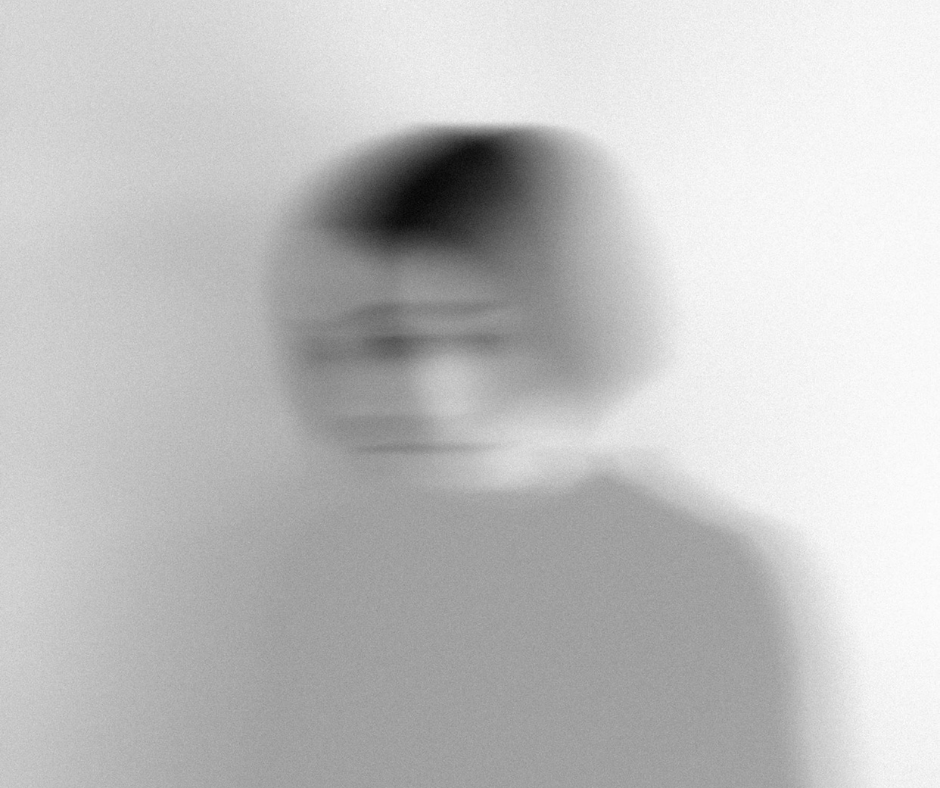
In honor of World Mental Health Day on October 10th, Mak Murvat, a psychology and sociology student at the University of Mostar and trained Balkan Diskurs correspondent, reflects on the mental health of his generation. He notes that despite the difficult times and being labelled the “anxious generation,” many have nevertheless decided to break their silence and are increasingly seeking professional help.
In the Western Balkans, conversations about mental health and seeking help from a psychologist are still clouded by stigma, misunderstanding, and prejudice. Many young people struggle with anxiety, depression, panic attacks, and feelings of loss, but instead of seeking professional help, they turn to irony, alcohol, social media, or a “suffer, it will pass” mentality. We’re a generation that knows everything about mental health, but we’re still afraid to go to therapy.
Many young people today live under invisible pressure to be “functional,” smiling, and successful, even when they are collapsing inside. More and more people suffer from anxiety, depression, and panic attacks but hide it behind filters, jokes, and cynicism.
In Bosnia and Herzegovina (BiH), anxiety goes untreated and is kept quiet. If you speak up, you’re told “I was anxious at your age, too.” Instead of therapy, you’re given brandy. Instead of being shown understanding, you’re called “spoiled.” And each year, we witness more and more suicides in urban areas, which can only be blamed on poor mental health.
For most young people in the Balkans, going to a therapist is still a sign that you have a “serious problem.” Therapy is felt to be shameful rather than a form of self-care. In smaller communities, seeking help often poses a social risk: What will the neighbors say? What if someone sees me there?
On the other hand, many can’t even afford to see a therapist. While more developed countries have school and college counselors, in BiH, young people usually face their internal struggles on their own—all while society expects them to be productive, polite, and grateful.
We grew up in a world of contradictions. We were taught that we can be anything we want, but also that we can’t take a wrong turn; to stand up for ourselves, but not to play the victim; to try our best, but not complain. The result is a generation of young people who constantly doubt themselves.
We are a generation that knows how to talk about emotions on Instagram but not how to express them in person. We don’t know how to ask for help because we’ve been taught that being vulnerable is shameful.
Despite this ever-present narrative, change is slowly coming. Young people are starting to talk publicly about anxiety, depression, and therapy. Social media has played a role, with psychologists offering free advice and dispelling myths. Thus, the question of why go to therapy is giving way to ‘Can you recommend a good therapist?’ These are small but important steps.
Every statement like “I also went to therapy” encourages those around you. Every post or video in which someone speaks honestly about their mental health chips away at the wall of stigma decades in the making.
In the Balkans, suffering is normal—no one had to teach us that. But it’s time for talking about our suffering to become normal, too.
Self-care is not a luxury; it’s a basic human need. If anyone tries to convince you that asking for help makes you weak, remember that being honest with yourself is the bravest act of all.
We are not a lost generation. We are a generation that has finally decided to stop being silent.


